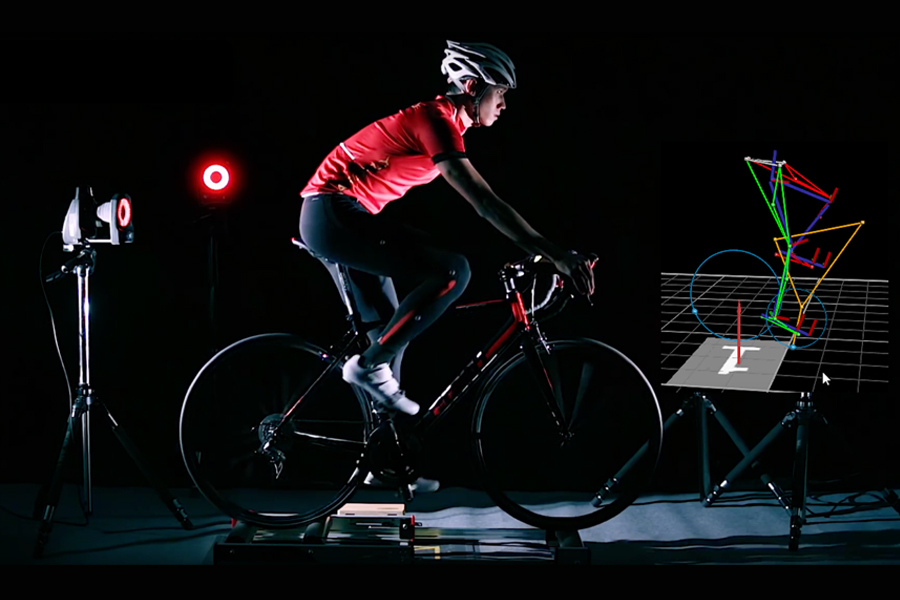Sports + Technology- Science walks into ordinary life
March 09, 2020
Wearable devices have become increasingly popular in recent years because of their small size, portability, and many convenient services. Consequently, wearable devices can also create breakthrough value in the field of sports science. Traditional sports science instruments are mostly bulky and expensive, and can only be used in a laboratory environment, so it is almost impossible to observe the real performance of athletes in the actual field. Therefore, Professor Tzyy-Yuang Shiang believes that wearable devices have the potential to become the answer to "real sports field observation." Professor Shiang has led his research team to conduct a series of studies on wearable devices, working on finding methods to apply wearable devices to the field of sports science since 2009. His research team successfully discovered that wearable devices can be used to monitor sports injury risk factors, detect running patterns, and track sports patterns in daily life. Professor Shiang’s research results have provided important help in both academia and industry. This series of research results has been published in international journals, and has been used to develop smart wearable products with relevant domestic industries. His research team will continue this spirit of combining scientific research and practical applications in the future. Traditional sports science measurement instruments, such as infrared high-speed cameras or force plates, help scientists understand the kinematic and kinetic information of various parts of the body during exercise, allowing them to observe the causes of athletic injuries or find ways to improve performance. However, most of these traditional measurement tools are large and expensive, and can only be used in a laboratory setting, making it almost impossible to use them to observe the actual environment that athletes face. Based on this problem, Prof. Shiang believes that wearable devices have the potential to be the answer to "real-world sports field observation." Prof. Shiang has led his research team to conduct a series of studies on wearable devices in an attempt to find ways to apply wearable devices to the field of sports science since 2009. In this case, a gyroscope fixed to the back of the foot can be used to track the risk factors that may cause such injuries. In addition, it was even found in a subsequent study that the landing strategy (forefoot landing or hindfoot landing) is important for training running posture, and can also be tracked by gyroscope, providing great progress for the application of wearable devices in running sports. Moreover, Prof. Shiang and his research team combined dynamic pressure sensing technology and a power algorithm to develop a smart bicycle power meter, which breaks through the hardware limitations of traditional power meters. It is not only small in size, lightweight, compatible with different types of vehicles, allows for easy installation, and lowers the threshold for starting power meters, but it also expands the use of power meters and power applications for users. The results of Prof. Shiang's research have been published in international journals and are being developed in collaboration with domestic industry representatives. Professor Shiang and his research team will continue to integrate the spirit of research and practical application in the future.

